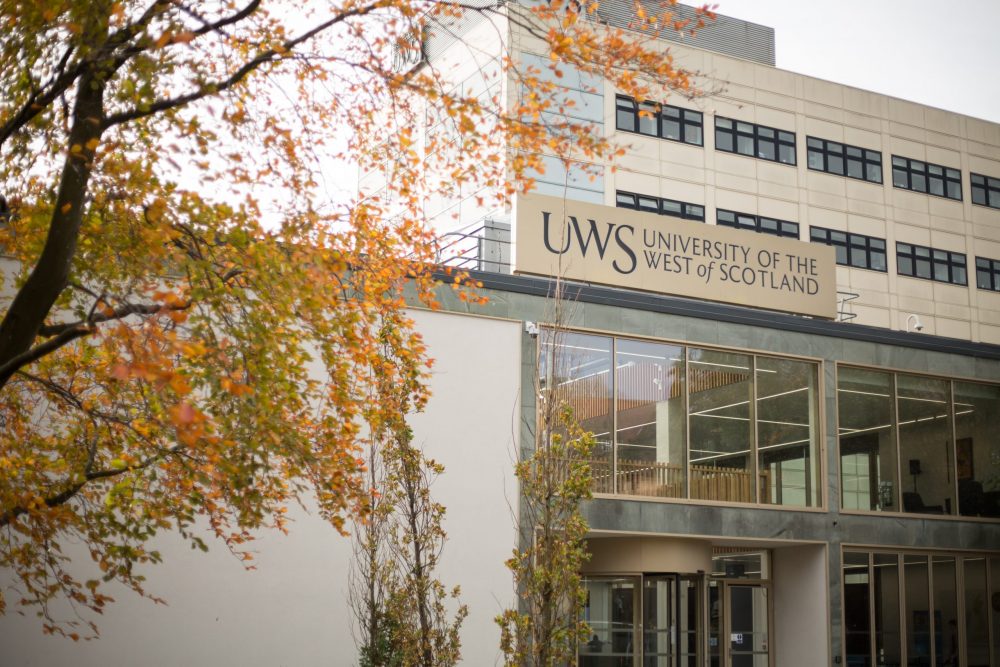NEW power packs which are said to have the potential to revolutionise cars and wearable technology has received £500k in funding from a research grant.
The self charging power packs are set to be created through a research collaboration led by the University of West of Scotland (UWS).
The project has received funding through the British Council and Higher Education Commission of Pakistan’s Innovative and Collaborative Research Grant.

The project, led by Dr Carlos García Nuñez and Professor Des Gibson from UWS’s Institute of Thin Films, Sensors and Imaging.
The international team will work to develop pioneering new technology which will harvest energy from the environment, such as light and mechanical energies.
In doing so, there will be no need to plug in devices to charge, making it ideal for wearable and portable devices.
The technology is expected to have applications in defence, transport, fashion and healthcare monitoring, such as e-skin, wireless sensing platforms and smart bandages, as well as electric cars, drones, robots and prosthesis.
Over the next three years, UWS researchers will work alongside Dr Hadi Heidari from University of Glasgow, Professor Imran Murtaza and Professor Ahmed Shuja Syed from the International Islamic University Islamabad, Dr Matthias Kauer from Oxford-based industry partner Lightricity Ltd and Professor Jose Luis Pau from Universidad Autónoma de Madrid, to deliver the project.
Dr García Nuñez, Lecturer in physics at UWS, said: “It is a real honour to have been awarded funding from the British Council and Higher Education Commission of Pakistan.
“The grant seeks to develop sustainable partnerships outside the university sector in order to engage industry and academia.
“At UWS’s Institute of Thin Films, Sensors and Imaging, we have a strong history of working with industry to create solutions to real-world problems, and look forward to taking this work to partners in Pakistan.”
The project will make use of both industry facilities and the University’s Institute of Thin Films, Sensors and Imaging laboratory in Paisley, which launched in 2020.
Professor Gibson, Director of the University’s Institute of Thin Films, Sensors and Imaging, said: “As we rely more and more on portable technologies, we’re expecting more from batteries and power sources. This collaborative project will take this to the next level.”
The £12 million lab, recognised a centre of excellence in the UK, will help the Institute continue to build on its successes.
Dr García Nuñez added: “This new technology is well-aligned with the energy priority area of both Pakistan and the UK, and will enable us to enhance and improve the performance of current technology, such as health, environment and food quality monitoring, smart cities and buildings, transportation, sport activities, space expeditions and military devices.”
Professor Gibson added: “At UWS, we are committed to impactful, relevant, collaborative research, and the British Council and Higher Education Commission of Pakistan’s funding will enable us to do more of that.
“This project has real potential to drive change in a number of different industries, and I look forward to seeing how we and our partners will work together to create this pioneering technology.”